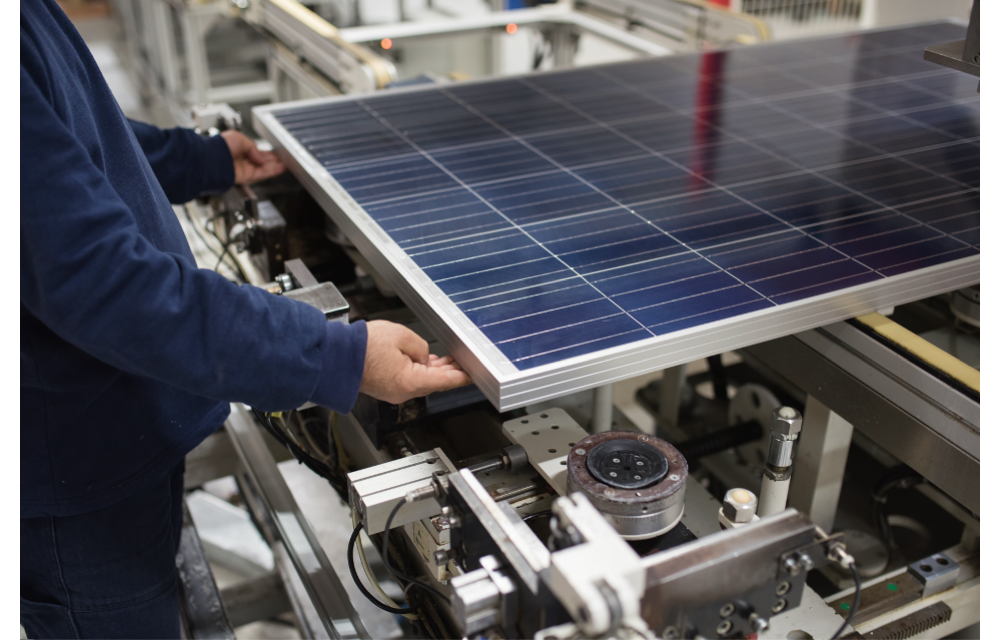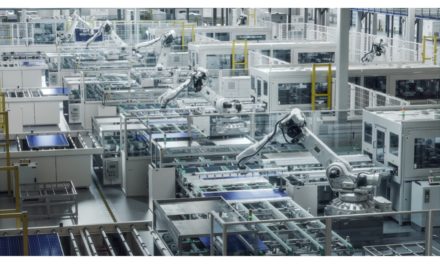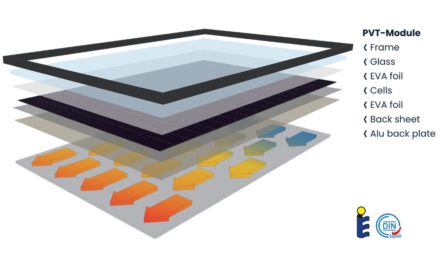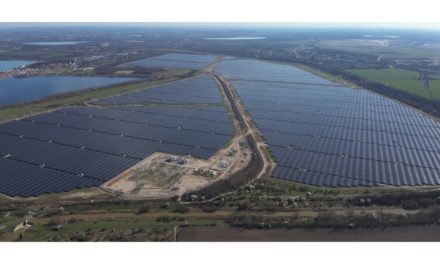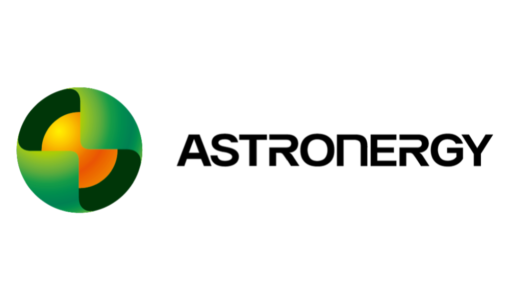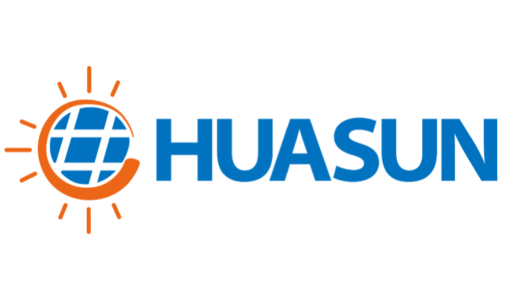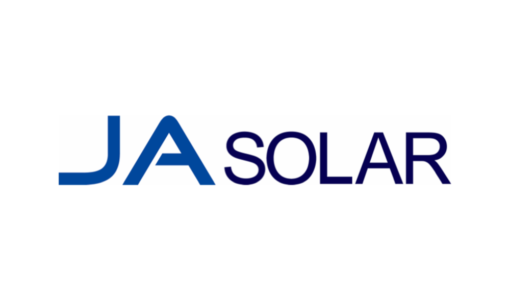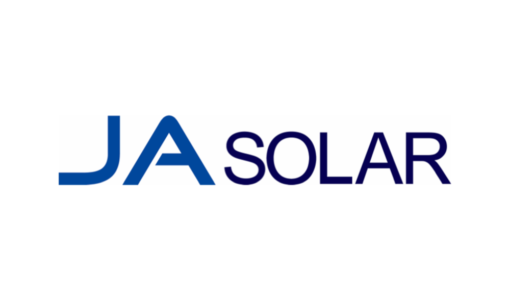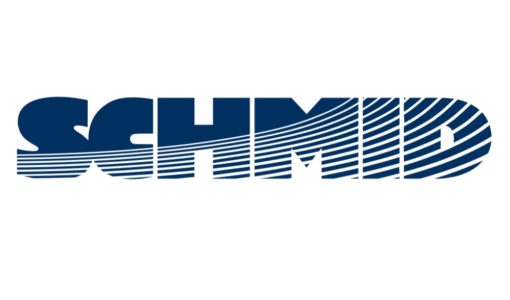- Germany has released legal guidelines basis which it plans to support the production of net-zero technologies
- Funding will be awarded in the form of direct grants, tax benefits or as loans for local manufacturing of solar panels, battery cells, wind turbines and heat pumps, among others
- It nullifies the need for such projects to be notified to the European Commission for its approval
Germany has published guidelines that will act as the legal basis for the country to provide subsidies for the production of selected transformation technologies, including solar panels, battery cells, wind turbines and heat pumps, under the European Commission’s new subsidy framework Temporary Crisis and Transition Frameworks (TCTF).
This will enable the country to approve investments in sectors and technologies of strategic interest with an aim to promote investments in net-zero technologies, without any need to notify the European Commission (EC) under the state aid law.
Projects funded by both state and/or state governments, based on these guidelines, will be exempt from securing further approval from the commission, a step that the Federal Ministry of Economics and Climate Protection (BMWK) says saves time and reduces bureaucracy.
Funding will be provided in the form of direct grants, tax benefits, interest rate subsidies for new loans or guarantees for new loans. It won’t support the relocation of production facilities between EU member states. These regulations will stay into effect for granting of aid, till December 31, 2025.
Full text of the regulations is available in German language, on the BMWK website.
Calling the new federal regulation a very important funding framework, BMWK Minister Robert Habeck said, “Production plants have an enormously important role in the forthcoming transformation towards the use of renewable energies. We need far more capacity for the production of wind turbines, photovoltaic systems, heat pumps, batteries and their components. We want a technically sovereign industry that can produce large numbers of systems for generating electricity from renewable energies in Germany.”
Germany is accelerating activities in the space of local solar PV manufacturing as the country strives to meet its 215 GW solar installation target by 2030. In June 2023, BMWK launched a tender to support 10 GW/year solar PV manufacturing capacity (see Germany Launches Big Solar PV Industry Tender).

